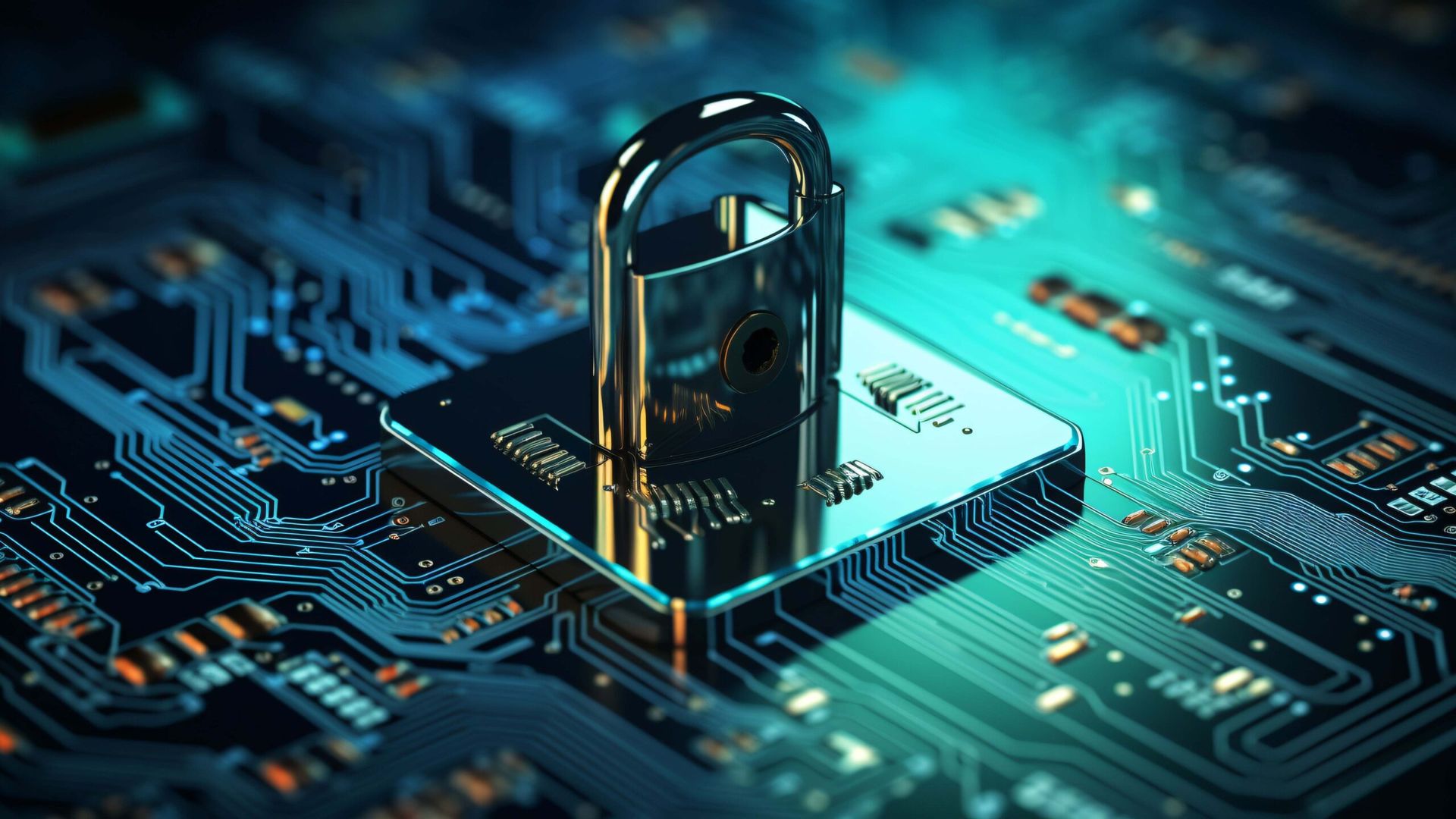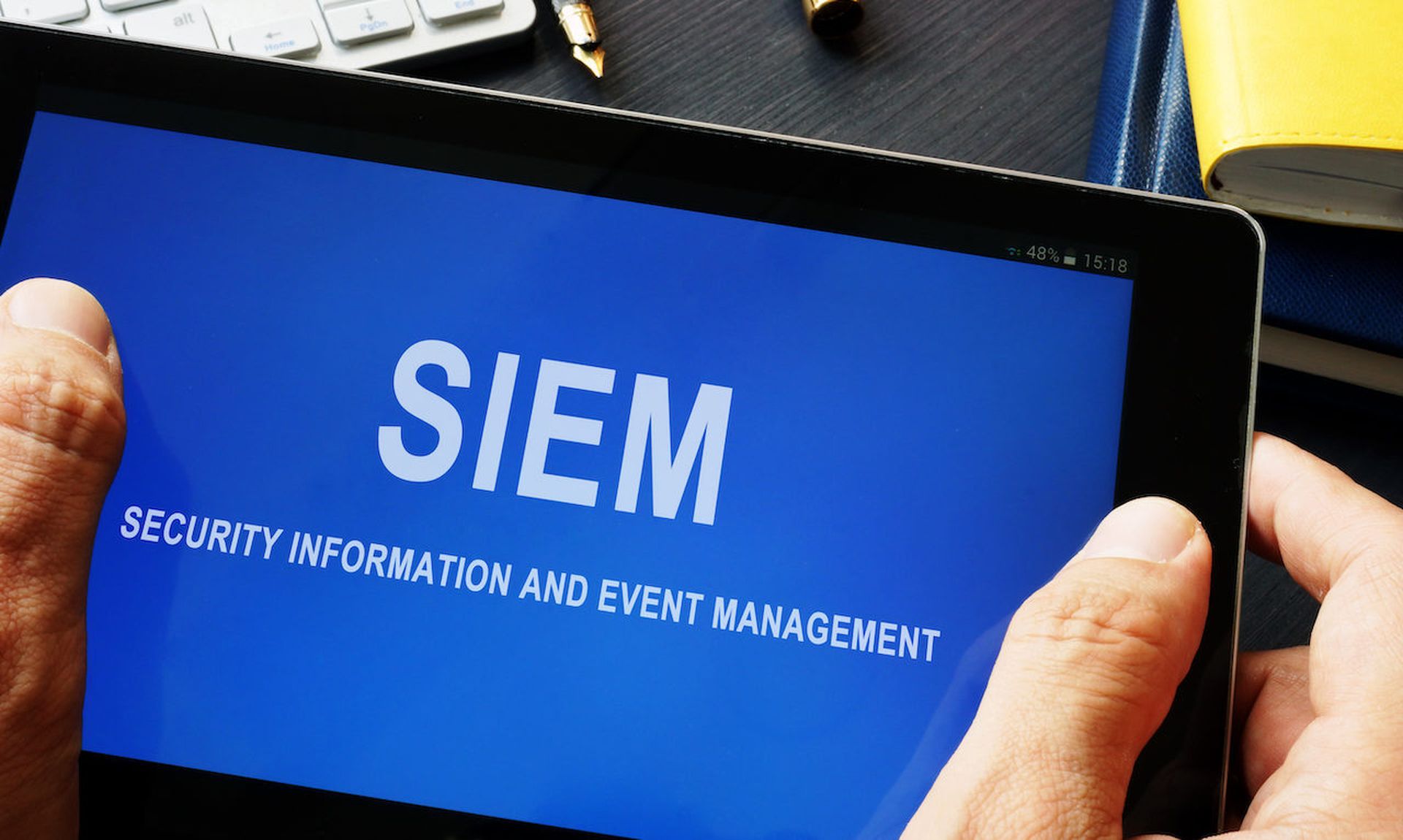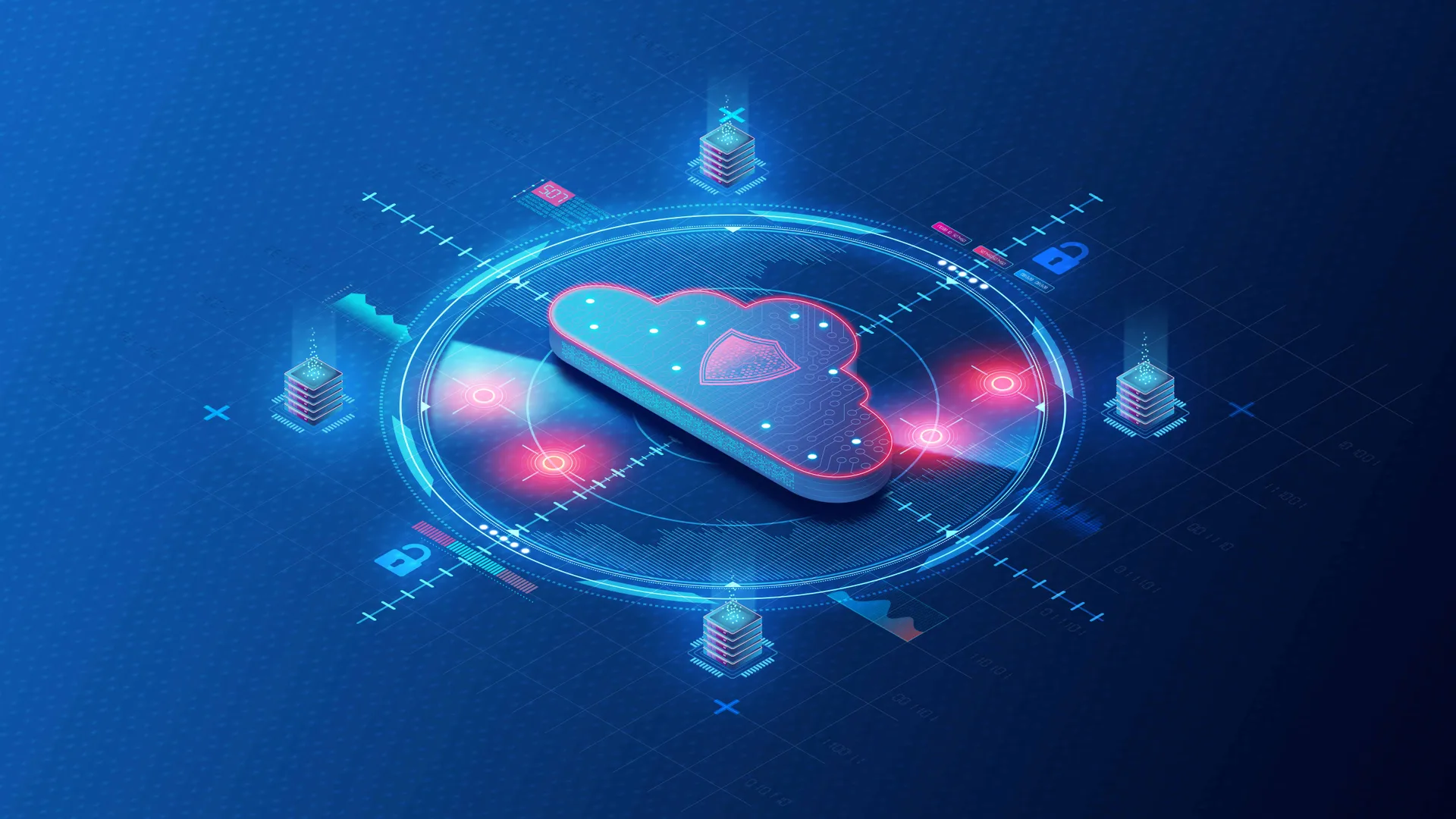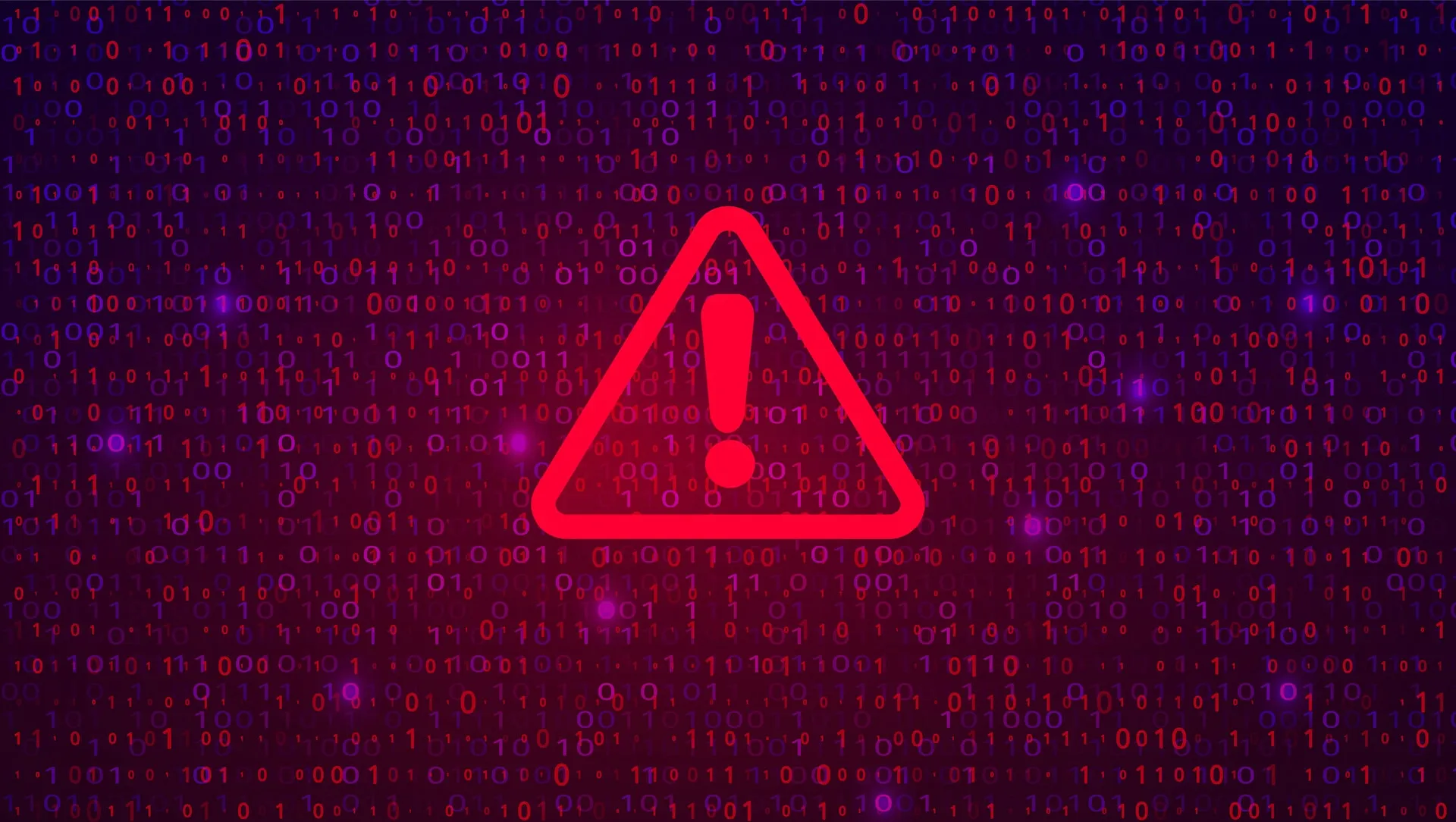Comprehending and effectively addressing cybersecurity threats is paramount to organizational security. As artificial intelligence continues to evolve, how companies respond to cybersecurity threats and how they take proactive steps to mitigate them will factor heavily into profitability, reputation and long-term success.
Within this context, Security Information and Event Management (SIEM) emerges as a critical tool for fortifying your defense against cyber threats. This deep dive aims to guide you through the foundational concepts, the pivotal role of SIEM in cybersecurity, and strategies to ensure its effectiveness.
SIEM stands at the forefront, offering a centralized solution for monitoring, analyzing, and responding to security events across your network. This article is designed to be your guide, providing insights into the components of SIEM, the challenges it addresses, and most importantly, how to wield it effectively.
Understanding the Foundations
To effectively navigate the cybersecurity landscape, a solid understanding of the foundations of SIEM is essential. SIEM is a comprehensive security management approach that involves the collection, analysis, and response to security events.
It comprises various components, including:
● Log management
● Real-time monitoring
● And incident response.
Recognizing the roots of SIEM is critical as it has evolved in response to the ever-changing cyber threat landscape. As you embark on this exploration, consider how the foundational aspects of SIEM align with your organization's security objectives and operational requirements.
One of the primary challenges in modern cybersecurity is dealing with the sheer volume and complexity of security events. SIEM directly addresses this challenge by providing a centralized platform for collecting and normalizing data from diverse sources. This facilitates efficient analysis, allowing you to decipher patterns and anomalies effectively. As you delve into the world of SIEM, consider how these foundational aspects align with your organization's specific security goals and operational needs.
The Role of SIEM in Cyber Defense
Now that you have a foundational understanding, let's delve into how SIEM contributes to your organization's cyber defence. Real-time monitoring and analysis form the backbone of SIEM. Imagine having the capability to detect and respond to security incidents as they occur, providing a proactive defence against potential threats.
This is precisely what SIEM offers – continuous monitoring of your network for abnormal activities and potential security breaches.
Beyond real-time monitoring, SIEM plays a pivotal role in incident response and threat detection. It empowers you to identify patterns and correlations in security events, enabling you to discern genuine threats from false alarms.
Additionally, SIEM serves compliance and reporting purposes, helping you meet regulatory requirements and providing insights into your organization's overall security posture. As you integrate SIEM into your cybersecurity strategy, consider these key roles and how they align with your organization's specific security goals.
Components of Effective SIEM Strategies
To implement SIEM effectively, you need to consider the key components that make up a robust strategy.
The first step is data collection and log management. Your SIEM solution should seamlessly gather data from various sources, including firewalls, antivirus software, and servers. Once collected, the data undergoes log parsing and normalization, ensuring consistency for accurate analysis.
Correlation and analysis are the next crucial components. Behavioral analytics and anomaly detection capabilities empower you to identify unusual patterns and potential threats. Incident response and automation complete the trifecta, incorporating threat intelligence and automated response mechanisms to swiftly counteract security incidents. As you design your SIEM strategy, keep these components in mind to create a comprehensive and effective defense against cyber threats.
Common Pitfalls and Challenges
Implementing SIEM is not without its challenges. Overcoming integration issues is a common hurdle. Ensuring that your SIEM solution seamlessly integrates with existing security infrastructure is essential for its success.
Another challenge is balancing false positives and negatives. Achieving the right equilibrium ensures that you neither overlook genuine threats nor drown in a sea of false alarms.
Additionally, addressing scalability concerns is vital to accommodate the growth of your organization's digital footprint. Be mindful of these challenges as you navigate the complexities of implementing SIEM in your cybersecurity strategy.
Best Practices for Implementation
Implementing SIEM effectively requires adherence to best practices, which we will detail below.
Collaboration and learning
A collaborative approach involves breaking down silos between IT, security, and other relevant departments.
This requires both a commitment to open communication to ensure that everyone is on the same page regarding the goals and implementation of the SIEM strategy as well as regular training sessions and workshops to ensure your cybersecurity teams stay updated on the latest threats, tools, and techniques.
This ongoing education, combined with steadfast collaboration, ensures that your teams can effectively utilize the features and functionalities of your SIEM solution.
Monitoring and improvement
In addition to collaboration and continuous learning, ongoing monitoring and improvement are essential. This is the heart of preventative cybersecurity.
Continuous monitoring and improvement are the cornerstones of a robust SIEM strategy. Regularly evaluate the performance of your SIEM solution, considering factors such as detection rates, false positives, and incident response times.
More importantly, implement adjustments and refinements based on these assessments to ensure that your SIEM remains aligned with your organization's evolving security needs.
When you abide by these best practices, you can enhance the overall effectiveness of your SIEM implementation.
Future Outlook
As you navigate the current cybersecurity landscape, consider the future outlook of SIEM. Anticipate developments in SIEM technology, such as advancements in threat intelligence and user behavior analytics.
Recognize the evolving threat landscape and how SIEM adaptations can stay ahead of emerging challenges. Understand the importance of the role of SIEM in shaping broader cybersecurity trends and how its future trajectory will position you for continued success in securing your digital assets.
The future of SIEM is intertwined with technological advancements and the evolving tactics of cyber adversaries. Stay vigilant to anticipate developments in SIEM technology, such as the integration of advanced threat intelligence feeds and the incorporation of user behavior analytics to enhance anomaly detection.
As cyber threats become more sophisticated, the role of SIEM in shaping broader cybersecurity trends will only become more crucial.
Conclusion
In conclusion, navigating the cybersecurity landscape with effective SIEM strategies is not just a necessity but a strategic imperative. Recap the key strategies discussed in this deep dive, encouraging a proactive cybersecurity stance within your organization.
By embracing the multifaceted capabilities of SIEM, you fortify your defenses against cyber threats and establish a robust security posture. As you implement and refine your SIEM strategy, remember that cybersecurity is an ongoing journey, and staying informed and adaptable is key to long-term success.
Blog courtesy of AT&T Cybersecurity. Author Anas Baig is Product Manager at Securiti.ai. Regularly contributed guest blogs are part of MSSP Alert’s sponsorship program. Read more AT&T Cybersecurity news and guest blogs here.




